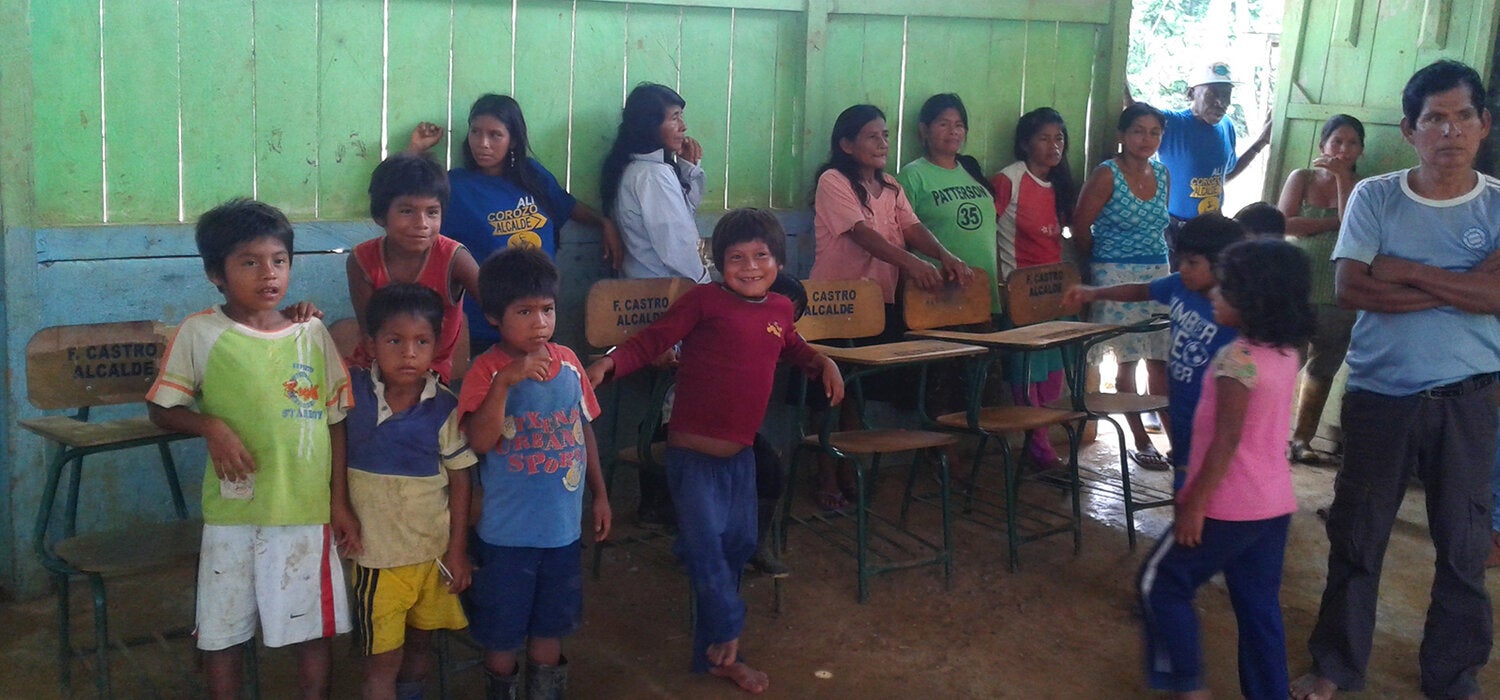For 20 years, Nicaragua has served as an example for efforts to combat helminths. The country’s Ministry of Health reaffirms this, pronouncing the country “highly committed to improving the population’s health,” particularly the health of children under age 15, the group at greatest risk. Nicaragua has been at the forefront of integrating various health interventions when the same population groups are being targeted (e.g., combining vaccination campaigns with administration of vitamin A). This tactic achieves more efficient use of human and financial resources and enhances the actions’ sustainability.
The national health crusades or campaigns have served as the platform for these interventions, facilitating the deworming of millions of Nicaraguan children and making Nicaragua one of the countries with the longest and most sustained history in this type of action.
Each year, an average of 1.5 million tablets are provided to treat preschool and school-age children in 17 of the country’s departments. The treatment reaches 80% of children at risk of infection from intestinal parasites.
“Major economic and operational resources are invested in the well-being of the population, especially in helminth control,” says a staff member of the country’s Ministry of Health. These resources are used to train National Health Campaign personnel, an activity for which the government contributes around half a million dollars annually.
Each year, an average of 1.5 million tablets are provided to treat preschool and school-age children in 17 of the country’s departments. The treatment reaches 80% of children at risk of infection from intestinal parasites. The NGO Children Without Worms (CWW) program has been an important partner of Nicaragua’s national STH control program, collaborating actively since 2008 in distributing antiparasitic drugs donated through PAHO/WHO and conducting health education activities in schools.
Under the guidance of Nicaragua’s Ministries of Health and Education, and with technical support from PAHO/WHO, nearly 14.000 primary school teachers and health workers, as well as 179.000 schoolchildren, have been trained in how to prevent infection. “These activities promote behaviors that are necessary to break the reinfection cycle,” explained a CWW representative, who cited as an example of good practices the inclusion of a place on each child’s vaccination card for documenting the deworming and indicating whether or not the child received the treatment.
The schools are a key partner for reaching the children and educating families on good hygiene practices, such as handwashing after playing on the ground and using shoes to keep parasites from penetrating the skin. Demonstrating the education sector’s commitment to this issue, a course on personal hygiene and prevention of intestinal parasites has been included in the school curriculum. According to one teacher, a cascade type of training is used in which specialized health workers train the teachers in the preventative measures and the teachers then pass the knowledge along to students and parents.
The community’s involvement in activities to reduce intestinal parasites has been important throughout the process. In each deworming campaign, the schools undertake different group activities such as mural art competitions in which educational notebooks on hygiene are awarded as prizes.
“Mothers have called me and told me that their child woke up with a belly ache and fever and wasn’t going to class,” one teacher explained. “Since the deworming campaigns and educational activities, the children are more open and participate more; there is a big difference.”
The Nicaraguan government and CWW agree that the major challenge in combating helminths is ensuring the sustainability of the deworming and education activities, along with improving access to hygiene and basic sanitation facilities, which continue to be the major factors associated with these infections.

